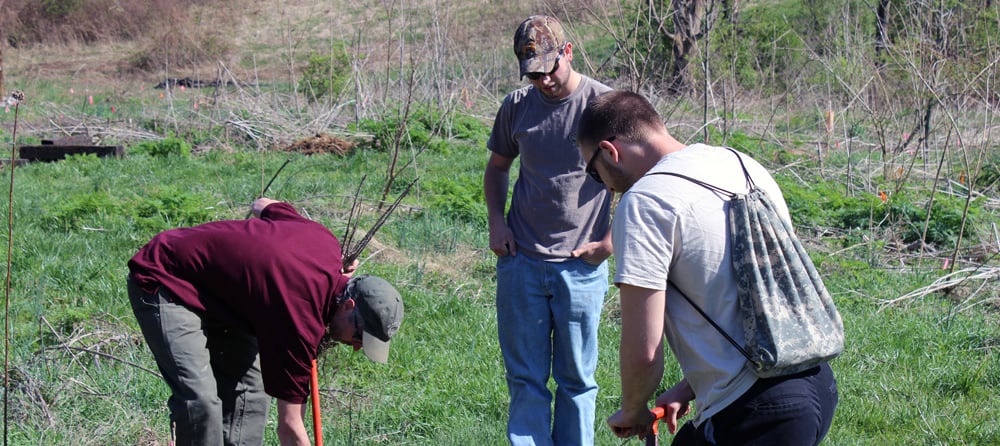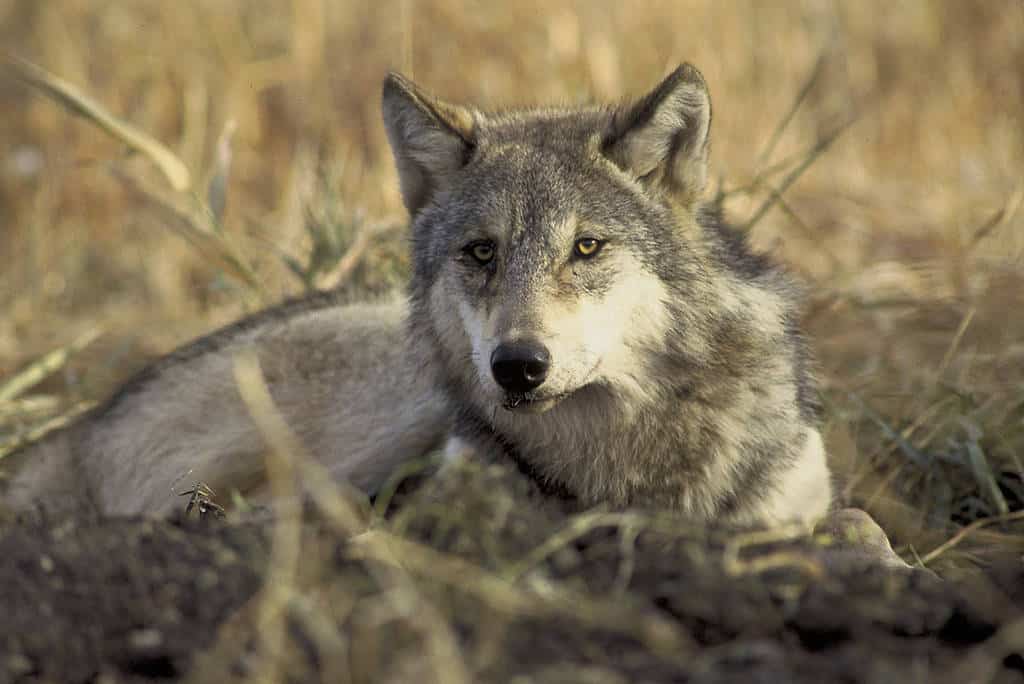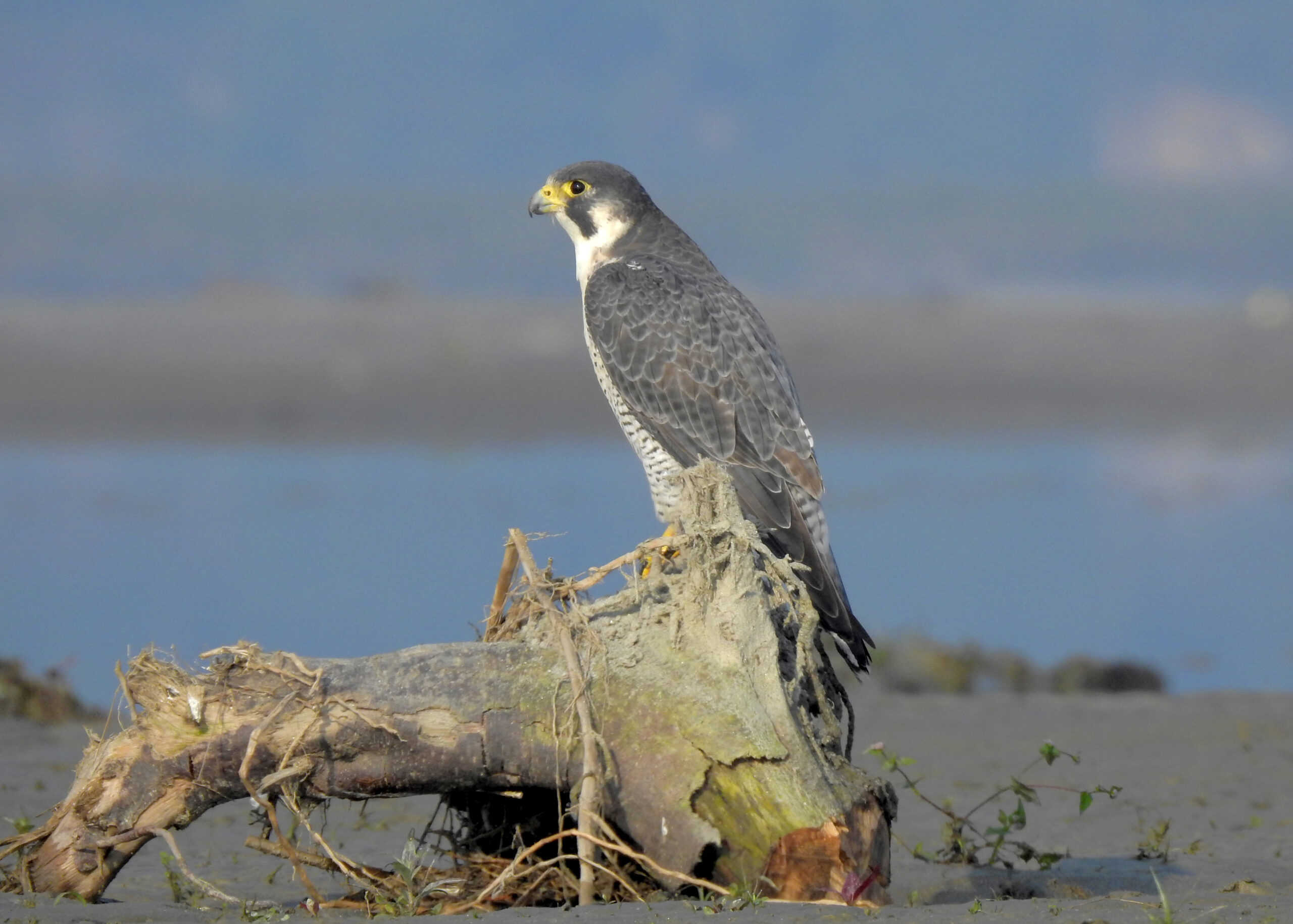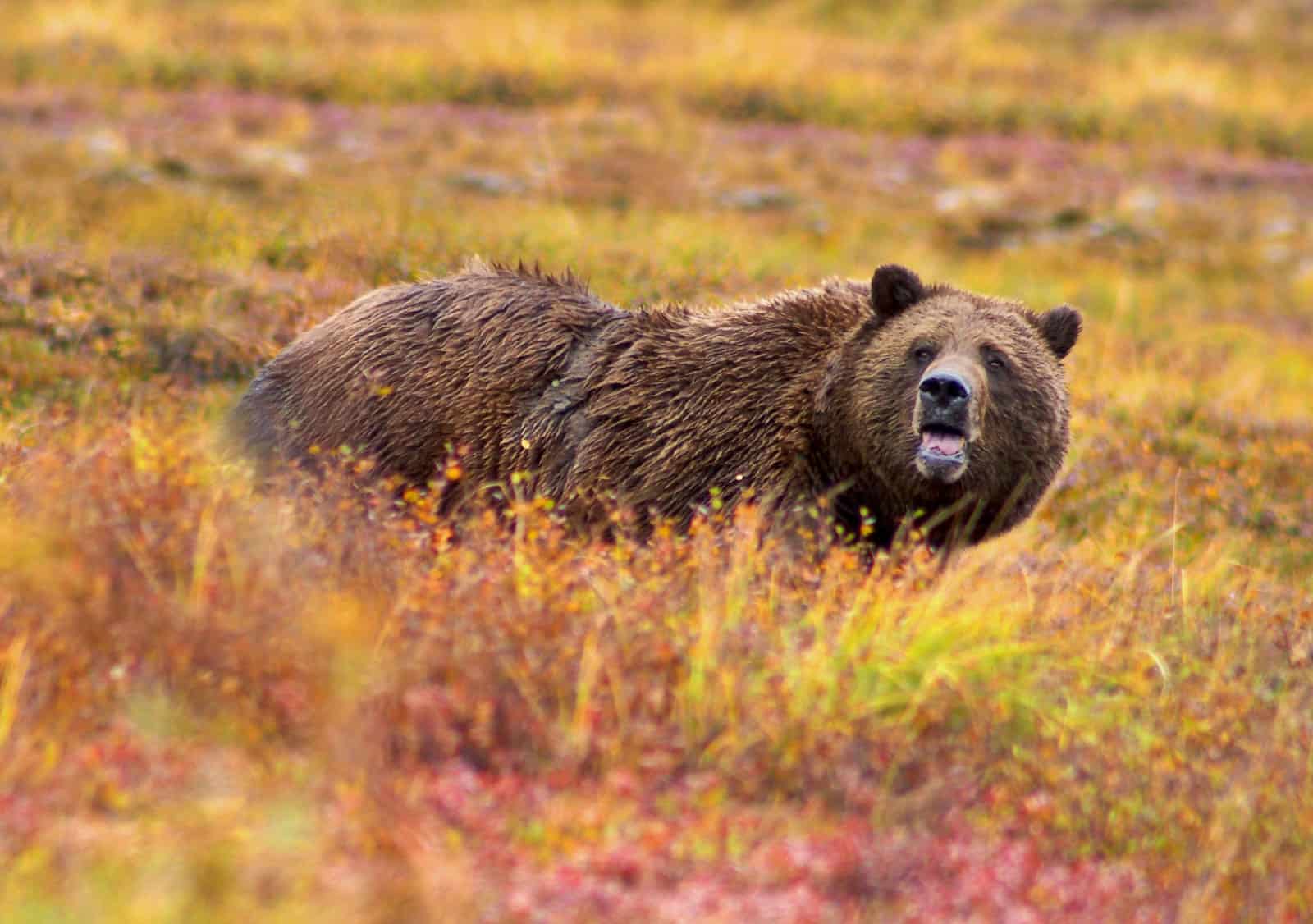Share this article
EKU chapter members sharpen fieldwork skills in ecological area
A few miles past Eastern Kentucky University spreads the Taylor Fork Ecological Area. The 60-acre landscape of pasture and forest provides EJU wildlife students a place to hone their skills — even during a pandemic.
“Our training is a lot of field-based or skill-based learning, and Taylor Fork is a location where we can take our students to do undergraduate research projects, and they can also get experience doing habitat management,” David Brown, a professor of wildlife biology and a manager of Taylor Fork Ecological Area, told the university’s Eastern Progress.
The site, maintained in part by the EKU Student Chapter of The Wildlife Society, gives students experience in maintaining the landscape, working on conservation efforts and studying plants and animals, including migratory bird tagging.
Participating in fieldwork has been difficult for students recently amid the COVID-19 pandemic — they have to meet safety and social distancing guidelines.
“Training students in field techniques in a pandemic environment has been a big challenge,” Brown said.
Working in the Taylor Fork Ecological Area has made meeting those guidelines easier. The wildlife department has utilized this natural area, which is on campus or close to campus, and students have been socially distancing while doing field training.
Studying wildlife management can benefit students who enjoy the outdoors, whether they make it their major or not. Working in wildlife management allows several opportunities for students to take leadership roles and improve communication skills.
“A lot of our students come into this program with just this interest in being outdoors and hunting and fishing and conservation of wildlife, so we just have a lot of that to offer,” Brown said.
Read more from the Eastern Progress.
Header Image: Volunteers plant trees at Taylor Fork Ecological Area. Credit: Mark Cross/EKU








